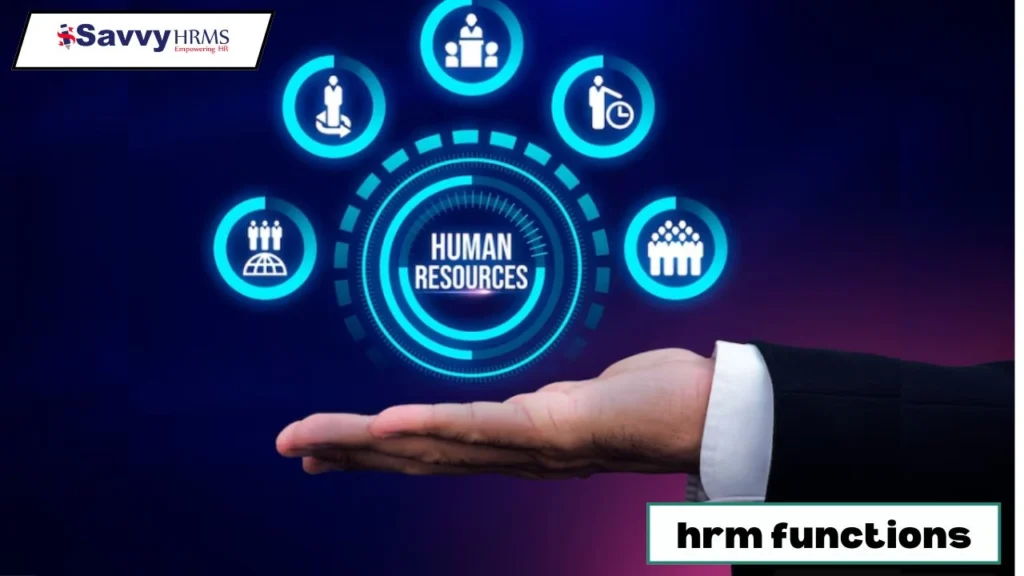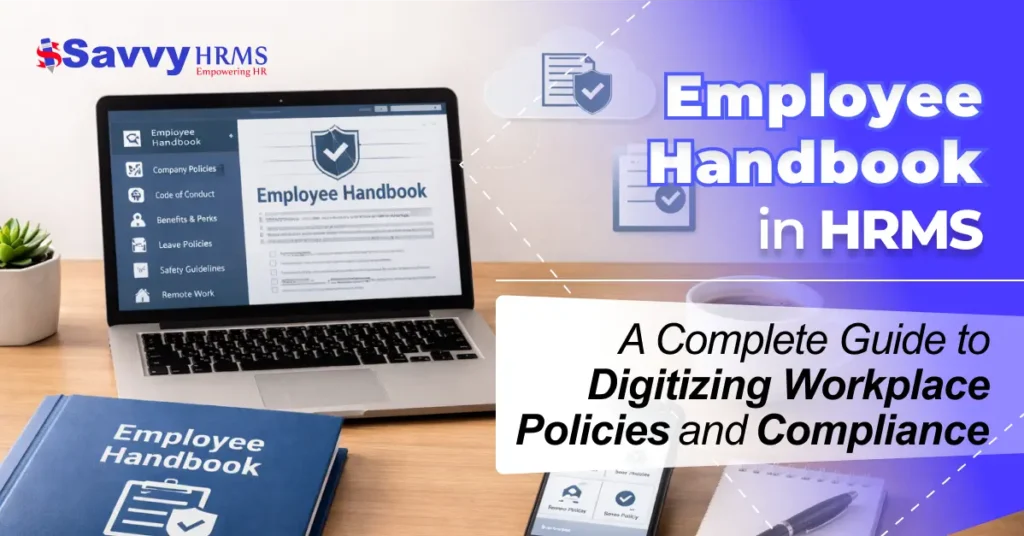In an ever-changing work scenario today. The importance of effectively managing people has never been more emphasized. It is here that HRM functions (Human Resource Management functions) come into play. Anything and everything that touches the life of an employee is dealt with by HRM.
The blog will take you through the main HRM functions as they differ from the traditional ones.
What Is HRM?
It is a strategic process that leads the management of people in an organization. The objective?
In other words, HRM is about recruiting the right people. Enabling growth in them and ensuring that they remain happy and productive.
8 Functions of HRM You Should Know
The key HRM functions need to be in place to promote the growth and success of any company.
1. Human Resource Planning
This is really about workforce planning. HR looks into how many people are needed, in what positions, for the future. The result is that an organization usually ends up neither overstaffed. Nor short of potential talent.
2. Recruitment and Selection
If you will seek, hire, and employ candidates for the right talents. HR prepares job descriptions, shortlists candidates for interviews, and hires the right candidate.
3. Training and Development
Training keeps employees in tune with the advancement of standards in a company. Human Resources coordinates skill development programs.
4. Performance Management
Continuous appraisals ensure that employees are on their feet and improve.
5. Compensation and Benefits
They pay variable pay, basic pay, bonuses & all considered to make employees loyal. To the company.
6. Employee Relations
HR oversees conflict resolution within the workplace, employee feedback, and fun team-building activities. All these foster a conducive, good working atmosphere.
7. Compliance with the Law
HR stats on the law. The law concerning working hours, wage policy, benefits, and so on. That keeps it from losing money in penalties and gaining employee trust.
8. Health and Safety
Employee health is cared for. HR’s actions are seen in placing safety regulations. Wellness and mental health programs for a conducive work culture.
HRM Functions and Traditional People Management
| Feature | Traditional Approach | Modern HRM Functions |
| Emphasis | Administrative tasks | Strategic people management |
| Recruitment | Internal referrals only | Multiple recruitment platforms |
| Training | One-time onboarding | Continuous learning & development |
| Performance Review | Only an Annual Review | Regular Feedback and KPIs |
| Employee Role | Replaceable | Value asset |
| Using Technology | Minimal | Huge- HR Tech Tools, AI |
Example of Real Life: How HRM Functions Increase Startup Growth
A tech startup thus hired an HR manager to ensure effective HRM practices. And within 6 months:
- Employee turnover reduced by 30%.
- Targeted training improved productivity by 40%.
- Effect of HRM on direct business growth.
Pros and Cons of an HRM Function
Pros
- Creates strong teams
- Enhances employee satisfaction
- Provides legal protection
- Develops Company Culture
Cons
- Can draw vast resources
- Need constant refreshing with law & tech
- Might be met with some resistance when changes are initiated.
FAQs
- What are the five most important HR functions?
- Recruitment
- Training
- Performance management
- Employee relations
- Compensation
- How is modern HRM different compared to older practices?
In contrast to traditional methods that focused on merely performing tasks. Whereas modern HRM is strategic and employee-centric.
- Why is training considered crucial in HRM?
As HRM functions upgrade employee skills & they also prepare him/her for future challenges.
- Is legal compliance a part of HRM?
Certainly. HR ensures that the policies line up with the government laws so that there can be no legal issues.
Conclusion
HRM functions, which include planning and hiring. Training and retention constitute the basic framework of the company’s workforce. Therefore, companies that choose to invest in sound HR practices increase their performance management software. Job satisfaction and opportunities for workplace problems.
In short, HRM is really not just about people; it is about development.




